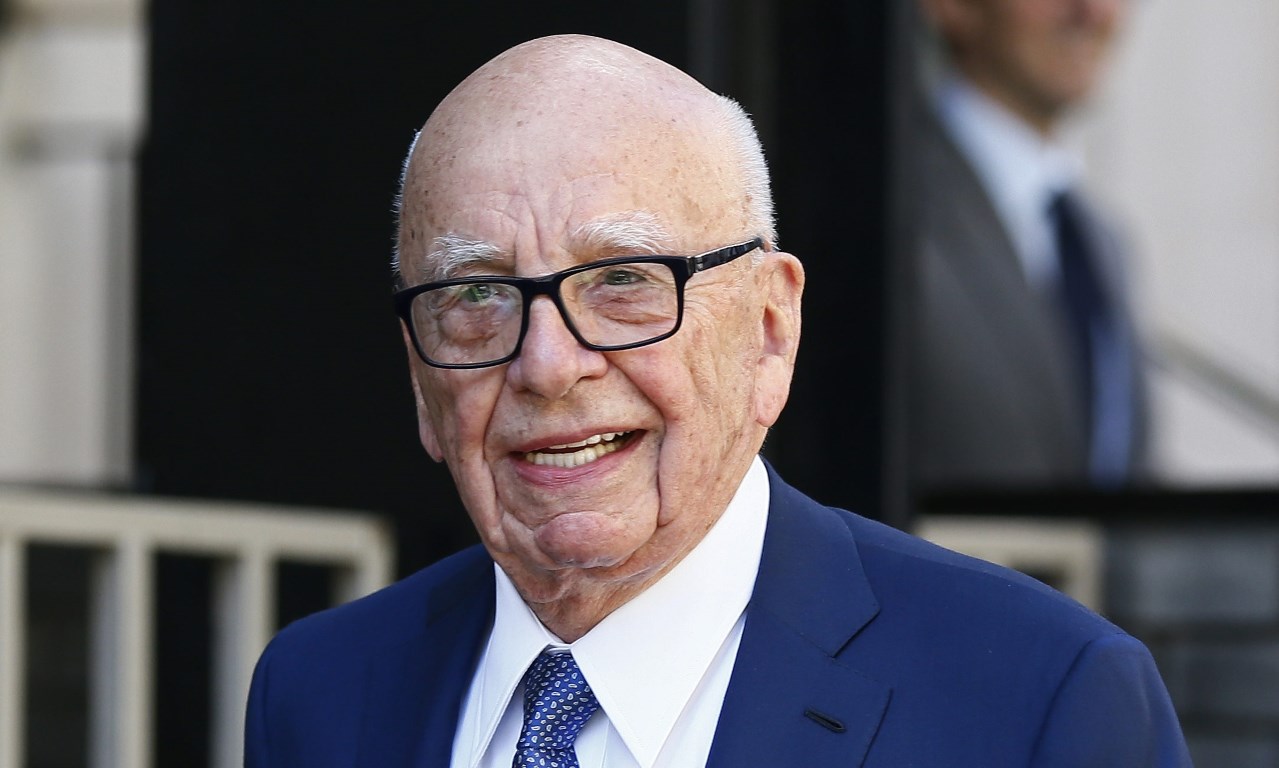Facebook should pay for news
January 23, 2018 | Expert Insights

Media mogul Rupert Murdoch said Facebook should pay fees to publishers if it is committed to supporting accurate news. His statement comes as pressure mounts on the social network to quell the spread of misinformation.
Background
Facebook last week said it would survey its users and prioritise news sources they deemed "trustworthy".
In May 2017 the news was released saying Facebook was a key influencer in the outcome of the 2016 US presidential election and the Brexit vote, according to those who ran the campaigns. However, critics say it is a largely unregulated form of campaigning.
Those in charge of the digital campaigns for Donald Trump's Republican Party and the political consultant behind Leave EU's referendum strategy are clear the social network was decisive in both wins. Political strategist Gerry Gunster, from Leave EU, told BBC Panorama that Facebook was a game changer for convincing voters to back Brexit.
"You can say to Facebook, 'I would like to make sure that I can micro-target that fisherman, in certain parts of the UK, so that they are specifically hearing that if you vote to leave you will be able to change the way that the regulations are set for the fishing industry'.
Facebook CEO Mark Zuckerberg has vowed to "fix" Facebook, in what he described as his personal challenge for 2018.
In a post on his page on the social network, he said it was making too many errors enforcing policies and preventing misuse of its tools. Mr Zuckerberg has famously set himself challenges every year since 2009. Facebook launched in 2004.
Analysis
Murdoch, who controls titles including The Times and the Sun, said the proposals were "inadequate". He said social media firms should pay publishers a fee in the same way that cable network operators pay for the channels they offer.
"The publishers are obviously enhancing the value and integrity of Facebook through their news and content, but are not being adequately rewarded for those services," Murdoch said. "Carriage payments would have a minor impact on Facebook's profits, but a major impact on the prospects for publishers and journalists."
Neither had he seen a subscription model that "truly recognises the investment in and the social value of professional journalism", added Mr Murdoch, who also controls the Fox News cable channel in the US.
Google and Facebook take the lion's share of new advertising revenue - a shift that has hurt the newspapers, which produce most original news.
Murdoch is executive chairman of News Corp, which also owns the Wall Street Journal and a stable of newspapers in Australia. The company's revenue has declined in recent years and it reported a loss for the 2017 financial year.
He also elaborated on the decision to let Facebook's users rank the "trustworthiness" of news sources: "We don't want to be the arbiters of truth, nor do we imagine this is a role the world would want for us."
While acknowledging concerns over the rise of "echo chambers", Mr Chakrabarti argued that the "best deterrent will ultimately be a discerning public". Facebook and Google did not respond to Murdoch's comments.
Assessment
Our assessment is that social media platforms such as Facebook and Twitter are replacing traditional media outlets and becoming the primary sources where people get their news. According to a survey conducted by Pew Research Center, about two-thirds of American adults get “at least some of their news on social media” with two-in-ten doing so often. It is therefore, not surprising, that media moguls such as Rupert Murdoch looking to monetize this venue. However, problems continue to persist over the authenticity of the news that does get shared on platforms such as Facebook and Twitter.








Comments